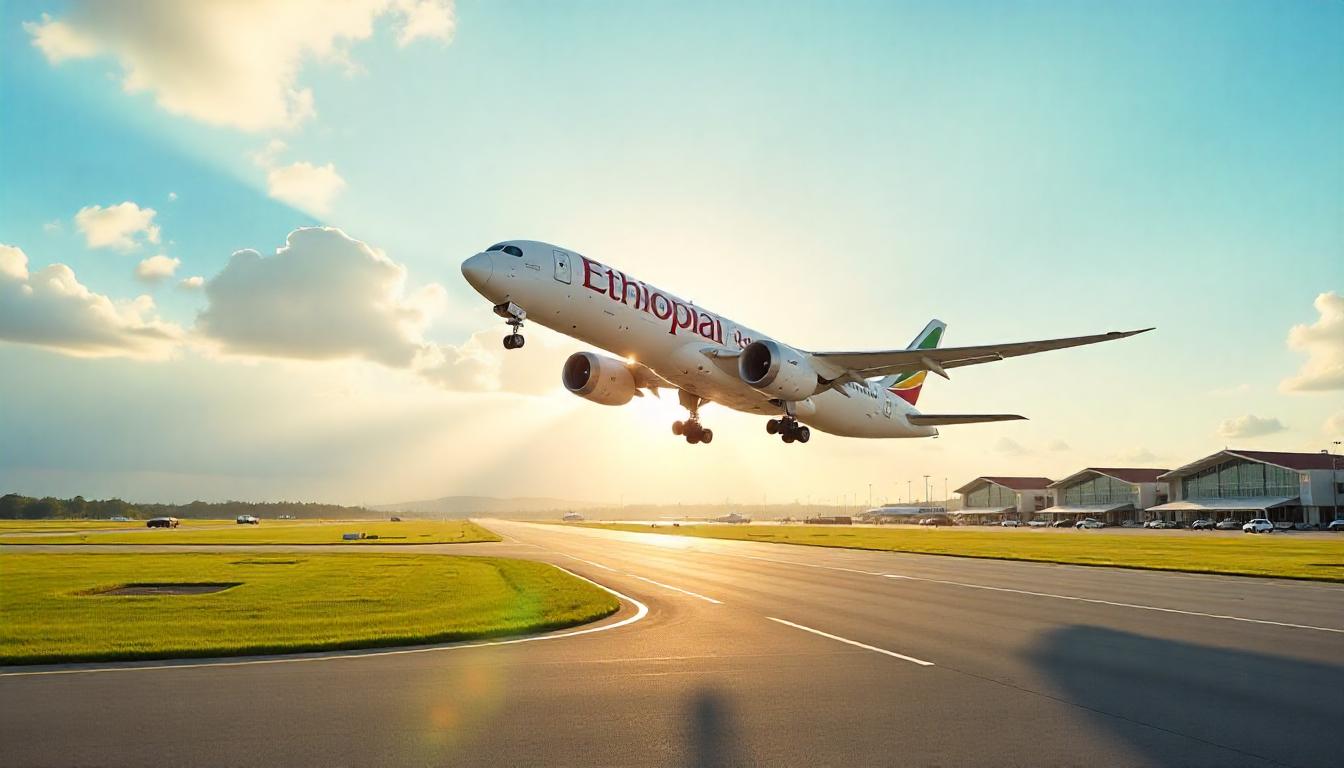Top 5 Largest Cities In Africa
Africa is a continent known for its rich cultural diversity, stunning landscapes, and vibrant cities. With a population of over 1.2 billion people, Africa is home to some of the fastest-growing urban centers in the world. In this article, we will explore the top 5 largest cities in Africa, based on population size, as well as some emerging trends shaping these urban areas.
1. Lagos, Nigeria
Lagos is the largest city in Africa, with a population of over 21 million people. It is the economic and financial hub of Nigeria, as well as one of the fastest-growing cities in the world. Lagos is known for its bustling markets, vibrant nightlife, and stunning beaches. The city is also home to a thriving tech scene, with many startups and tech companies choosing to set up shop in Lagos.
2. Cairo, Egypt
Cairo is the capital city of Egypt and the second-largest city in Africa, with a population of over 20 million people. It is one of the oldest cities in the world, with a rich history and cultural heritage. Cairo is a major cultural and economic hub in the Middle East, known for its ancient pyramids, bustling souks, and vibrant arts scene. The city is also home to a growing population of young entrepreneurs and creatives, driving innovation and change in the city.
3. Kinshasa, Democratic Republic of Congo
Kinshasa is the third-largest city in Africa, with a population of over 14 million people. It is the capital city of the Democratic Republic of Congo and one of the largest French-speaking cities in the world. Kinshasa is known for its lively music scene, vibrant markets, and stunning architecture. The city is also a major port city, serving as a gateway to the rest of Central Africa.
4. Johannesburg, South Africa
Johannesburg is the largest city in South Africa and the fourth-largest city in Africa, with a population of over 9 million people. It is the economic and financial hub of South Africa, as well as a major cultural and entertainment center. Johannesburg is known for its diverse population, stunning skyline, and vibrant arts scene. The city is also home to many multinational corporations, making it a key player in the global economy.
5. Nairobi, Kenya
Nairobi is the capital city of Kenya and the fifth-largest city in Africa, with a population of over 4 million people. It is a major economic and financial hub in East Africa, known for its bustling markets, vibrant nightlife, and stunning national parks. Nairobi is also a growing tech hub, with many startups and tech companies choosing to set up shop in the city. The city is a key player in the African tech scene, driving innovation and growth in the region.
Emerging Trends in Africa’s Largest Cities:
1. Urbanization: One of the most significant trends shaping Africa’s largest cities is rapid urbanization. As more people move from rural areas to urban centers in search of better opportunities, cities are experiencing unprecedented growth. This trend is putting pressure on infrastructure, housing, and services, leading to challenges such as traffic congestion, pollution, and inequality.
2. Tech Innovation: African cities are becoming hotbeds of tech innovation, with a growing number of startups and tech companies choosing to set up shop in urban centers. Cities like Lagos, Nairobi, and Johannesburg are leading the way in the African tech scene, driving innovation and growth in sectors such as fintech, e-commerce, and agritech.
3. Sustainable Development: With the increasing impact of climate change and environmental degradation, African cities are focusing on sustainable development practices. Cities are investing in renewable energy, green infrastructure, and urban planning to create more livable and resilient urban spaces. Sustainable development is becoming a key priority for policymakers and urban planners in Africa’s largest cities.
4. Youth Empowerment: Africa has one of the youngest populations in the world, with a growing number of young people entering the workforce. Cities are investing in programs and initiatives to empower youth, such as entrepreneurship training, education programs, and job opportunities. Youth empowerment is seen as a key driver of economic growth and social development in African cities.
5. Smart Cities: African cities are embracing smart technology to improve efficiency, connectivity, and sustainability. Cities are implementing smart solutions such as digital infrastructure, IoT devices, and data analytics to enhance urban services and quality of life. Smart cities are seen as a way to address the challenges of rapid urbanization and create more livable and inclusive urban spaces.
6. Cultural Diversity: Africa is known for its rich cultural diversity, with a myriad of languages, traditions, and ethnicities. Cities are embracing this diversity and promoting cultural exchange, tolerance, and understanding. Cultural events, festivals, and initiatives are becoming more common in African cities, celebrating the unique heritage and identity of different communities.
7. Infrastructure Development: African cities are investing in infrastructure development to meet the growing needs of urban populations. Cities are building new roads, bridges, public transportation systems, and housing to accommodate the influx of people. Infrastructure development is seen as a key driver of economic growth and urban development in Africa’s largest cities.
In conclusion, Africa’s largest cities are dynamic, vibrant, and rapidly evolving urban centers. With a growing population, increasing urbanization, and emerging trends shaping the future of these cities, Africa is poised to become a key player in the global economy. By embracing innovation, sustainability, and inclusivity, African cities are paving the way for a brighter and more prosperous future for the continent.









